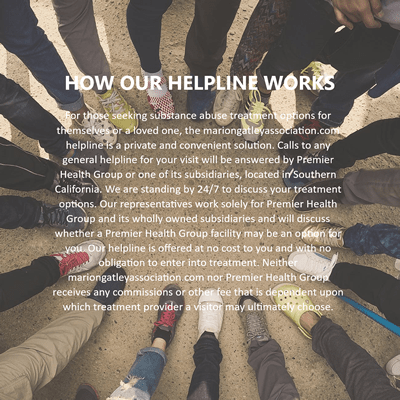After someone becomes addicted to drugs, alcohol, food, gambling, or sex, there is no longer any reason to blame the addict or their past. The substance or thrill has taken control, and won’t relinquish its hold until the addict makes the difficult decision of committing years of their life towards detox, residential inpatient treatment, intensive outpatient treatment, therapy, and sober living. But where does all of this start? David Linden, neuroscientist at John Hopkins University, told Scientific American that 40 percent of addiction is genetics. This is a sizable chunk, and a force to be reckoned with. But about the other 60 percent, more than half of what constitutes addiction? A variety of factors can contribute to the unraveling nature of an addictive and extreme persona.
Childhood Trauma
An overwhelming amount of science has been conducted about how childhood trauma effects our adulthood, and one way it does is through behavioral impairments like addiction. “Specifically,” writes Dualdiagnosis.org, “the negative experience of childhood maltreatments is believed to be behind certain anomalies in the brain structure.” Therefore, experiences inform how our brain develops as a child and can internalize dependent habits like addiction. To move on past childhood trauma, intensive outpatient therapy is critical post-detox during the subsequent recovery process. Honing in on the root cause of the problem will enable addicts everywhere to liberate themselves.
Mental Illness & Disorders
Depression, anxiety, psychosis, schizophrenia, bipolar disorder, and countless other mental diseases, illnesses and disorders also contribute to alcoholism and illegal drug use. It is only natural to seek refuge from inner turmoil, but substance abuse does not often lead to recovery from a mental disorder. Usually, it makes things worse by adding a new problem, and a new issue to recover from. The 2014 National Survey on Drug Abuse and Health showed that almost eight million Americans have both a mental illness and addiction, almost half of the total 20 million Americans that have a substance abuse disorder.
Homelessness
While we think of drug and alcohol abuse as the cause for homelessness, it is often an effect. The National Coalition for the Homeless stated in 2009 that “people who are homeless often turn to drugs and alcohol to cope with their situations.” Like mental disorders, turning to substances as a form of escape perpetuates the previous existing issues.
Grief
After suffering a great loss or tragedy, people often turn to alcohol, drugs, food, sex, or gambling to forget their problems. Although this may provide a momentary sense of relief, the addiction that sprouts from abusing substances and taking otherwise innocuous things to extremes rarely facilitates the healing that only time and careful therapy can provide. Upon entering a drug rehabilitation center, Alcoholrehab.com writes, “this loss will often come out through therapy and counseling.”
Enabling
Although it is the addict’s choice to commit to recovery, it is much more difficult to quit a drug or alcohol habit if they have someone helping them throughout the process that leads to their next fix. Giving a person that’s actively using money, a place to stay, and food may seem like a benevolent thing to do, but in the situation of the drug addict, it tells them that their behavior is acceptable and enables them to continue the vicious cycle of addiction.
Addiction is nothing to be ashamed of, and as soon as we can purge the stigma from our thinking, the faster we will be able to cure addictions. If you are struggling with an addiction, please call Intervention drug rehab centers today.



